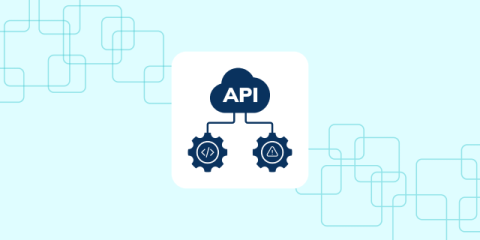Incident Commander: Roles, Best Practices, and How to Become
When systems fail, every second counts. The difference between prolonged downtime and swift resolution often comes down to one critical role: the Incident Commander (IC). ICs are the backbone of calm and clarity in the middle of chaos. Let’s unpack what an Incident Commander does, why they matter, and how you can step into this crucial role.











